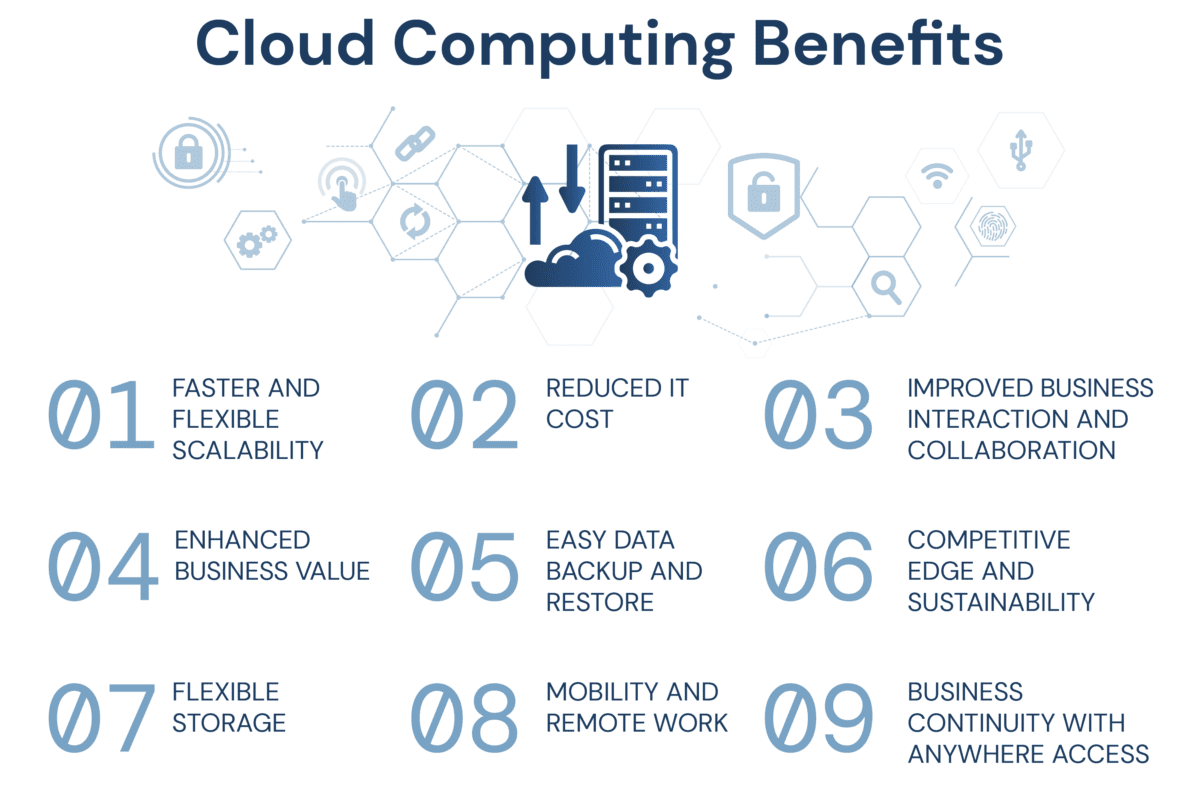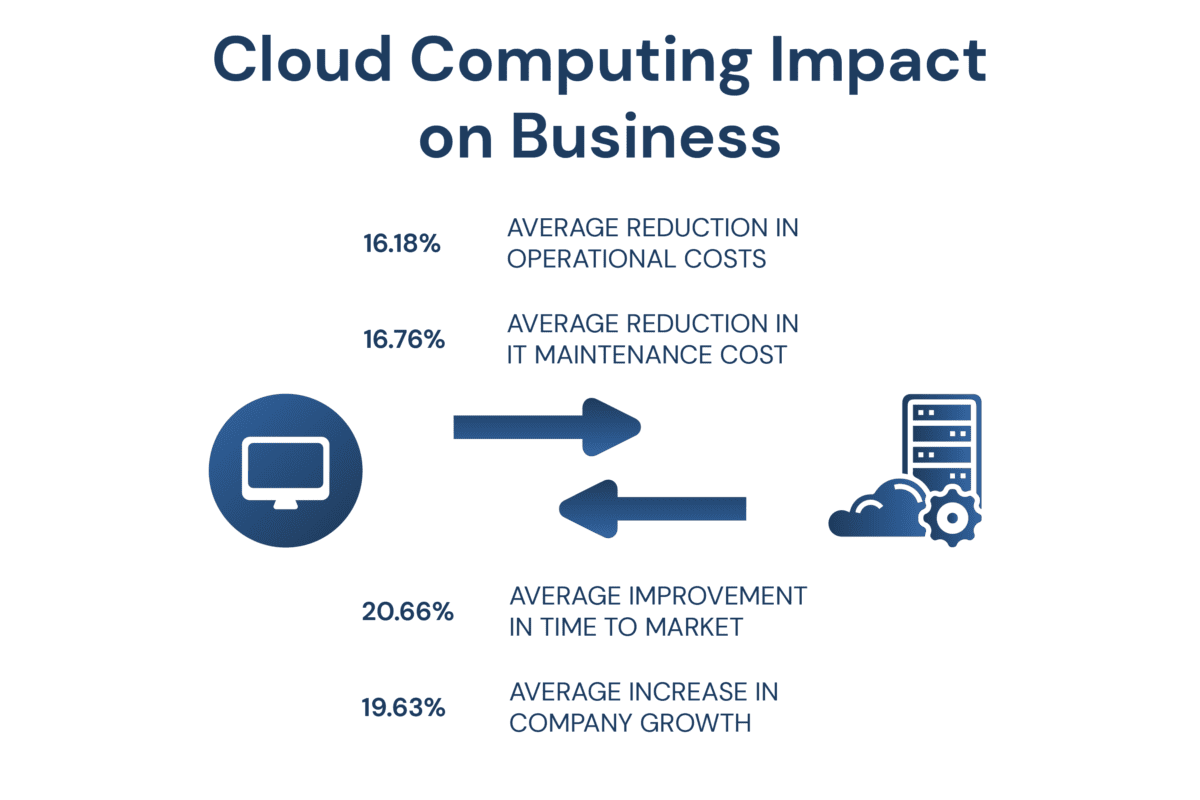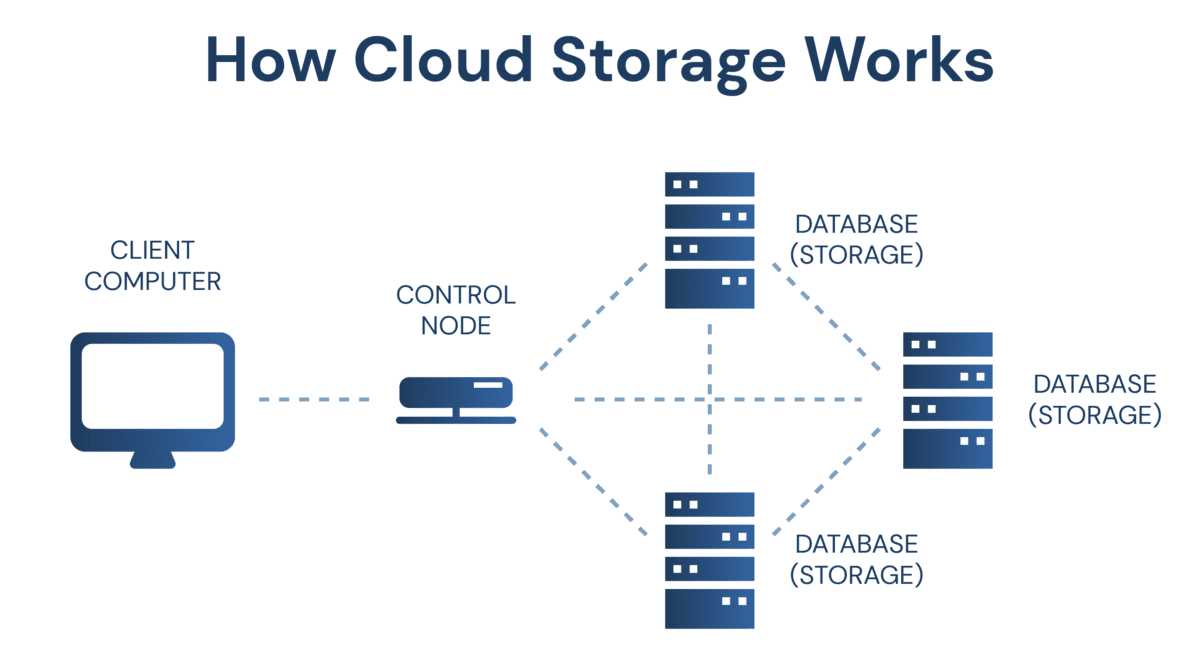How important is cloud computing in the modern business environment?
9 Benefits of Cloud Computing is a quickly growing segment of the technology industry. Cloud computing is another name for Internet-based computing, which allows users to access computer services and data through the Internet with a browser. The cloud computing services offer a number of advantages over typical local server hosting that make it worthwhile to consider incorporating this technology into your business plans.

What are the Top 10 Advantages of Cloud Computing?
1. Faster and flexible scalability
The 9 Benefits of Cloud Computing is a way of accessing services on demand through the internet. Cloud computing allows for faster and more flexible scalability, meaning that the cloud infrastructure can quickly be expanded or be reduced in line with changing requirements. With cloud computing, you do not need to spend time and money on hardware and software management; all you need is an Internet connection. This gives you the flexibility to use your IT resources in ways that were previously impossible or not cost-effective. If your company needs more processing power or storage space for a project or if there is a surge in business for a short period of time, you can upgrade your cloud service instantly without making costly purchases yourself and discuss the weakness in cloud computing.
Cloud computing provides different types of services through different service models. These service models include Software as a Service (SaaS), Platform as a Service (PaaS), Infrastructure as a Service (IaaS), and Hardware as a Service (HaaS).
2. Reduced IT cost
9 Benefits of Cloud Computing is a revolutionary way of providing IT solutions for companies. Cloud computing provides a convenient and cost-effective alternative to traditional computing. Its main benefit is its ability to scale up or down as needed, depending on the amount of work you need done. It eliminates all the costs, risks, and time constraints associated with maintaining your own IT infrastructure.

The main advantage of cloud computing is its ability to allow companies to get access to resources (such as applications and data) without having to purchase and manage them themselves. This means that companies can avoid costs such as research and development, training, capital expenditures, facility improvements, maintenance, and upgrades. Cloud computing allows businesses to outsource some of their hardware needs, like servers and storage space. This reduces overhead costs, allowing them to allocate more funds toward other areas of business. Cloud computing makes it easier to upgrade and maintain your technology because your IT staff doesn’t have to worry about the physical infrastructure or configuration management.
3. Improved business interaction and collaboration
Cloud computing is a relatively new technology that has revolutionized the way businesses do today. Its advantages include seamless information transfer across geographical locations, speedier decision-making due to shared data, time savings through automation, and elimination of tedious administrative tasks.
Cloud computing is a model for enabling ubiquitous, on-demand access to a shared pool of configurable computing resources (e.g. networks, servers, storage, applications, and services) that can be rapidly provisioned and released with minimal management effort or service provider interaction. cloud computing meme relies on sharing of resources to achieve coherence and economies of scale, similar to a public utility, thus improving business interaction.

4. Easy data backup and restore
Cloud computing is a popular term for the new trend of storing data on the internet. Data stored in the cloud is accessible from any device with internet access. This makes permanent backup storage much easier for people. As they only need to make a copy of their data once and it will be safe forever. It also makes it easy to access data from multiple devices. By storing information online, you can eliminate the need for storage space on your own hard drive. Cloud computing also ensures that your data will always be accessible, even if your computer crashes.
Many businesses still rely on discs or flash drives for backup, but discs damage or lost easily, and flash drives are increasingly unreliable due to hardware failure. Business owners also often don’t have time to back up their own computers regularly, so they pay specialists to do it for them. This practice is no longer necessary if they use cloud computing services which keep all your company’s data backed up in the cloud at all times.
5. Business continuity with anywhere access
Cloud computing allows you to access your files from any device, whether you’re at home or on the go. Because cloud services are accessed over the Internet, they may get access anywhere that there’s connectivity. This means you can work on your business even when you’re away from the office, which expands your opportunities for collaboration and boosts efficiency. Users can access their data and files from just about any device, whether it’s a smartphone, laptop or tablet.
If you’re running a business on your own servers or datacenter, you’ll need to provide access to your employees wherever they may be located. If you contract with an outside IT team to manage your infrastructure, they’ll need to have access as well. This kind of access isn’t always easy to provide in a traditional IT environment, but it becomes much simpler when everything is running “in the cloud.”
6. Mobility and remote work
One of the most significant benefits is mobility. As long as you have an Internet connection, you can access what you need from any location at any time.
One of the biggest challenges with mobility is data security. When you store information on your computer, it’s easy for it to get lost, stolen or corrupted. With cloud storage, your information is stored on secure servers online, so there’s no risk of losing it (at least not without someone hacking into the server).
Cloud computing provides an affordable solution for small businesses that need more storage space or processing power without having to purchase expensive hardware. Companies who use cloud computing also benefit from greater security and compliance. Since all data resides on remote servers, not on physical servers on company premises.
Cloud storage also makes it possible to work remotely if you’re self-employed or telecommuting for your company. This type of cloud computing provides portable access to all your data and programs. It means you never have to worry about forgetting something important at home or having everything wiped out by a computer failure.
7. Competitive edge and sustainability
Cloud computing gives your business a competitive edge while reducing costs and providing sustainability. Cloud computing has become a game-changer for business owners, who can access their data anytime and anywhere without the hassle of maintaining their own servers. This new technology is often referred to as “the cloud” because data is hosted in off-site locations; it’s available over the Internet through remote servers maintained by third parties.
Sustainable competitive advantage offers business organizations a unique position as compared to their competitors and motivates them to outperform consistently. For instance, cloud computing offers a great competitive edge to companies through flexibility and affordability. Cloud computing can easily scaled up or down depending upon the needs of a business. This feature is very beneficial to the business as they do not have to invest in additional hardware or software if their operations slow down during certain times of the year. Cost benefits are enjoyable as well as companies do not have to invest in extra staff for managing hardware.

8. Flexible storage
Online data storage provided by cloud computing helps you access your data from any computer. If you have access to the internet, you can access data at any time. This is especially useful for businesses with employees who travel or who are frequently away from their office computers. It gives you greater flexibility as you can keep your data on your computer without having to worry about its security as it is holding on to a remote server.
9. Enhanced business value
Cloud Computing may be new to many small business owners, but it has become a common practice for large corporations. And for good reason—We provide the 9 Benefits of Cloud Computing value and cost savings. Moving your company to the cloud is fast and easy. You can get up and running quickly without having to set up hardware or software on-site. With cloud computing, you don’t have to worry about data backups. Your data protects 24 hours a day, 7 days a week by the cloud service provider. It means you won’t lose any of your information even if your company suffers from a system crash.
Cloud computing providers are responsible for maintaining their servers. So businesses using the cloud don’t have to worry about IT issues that could slow down their operations or disrupt vital communications. Cloud computing allows you to outsource data storage and computing resources, enabling you to focus on your core business.









